Why is political disinformation on the rise?

As the streets heat up in the lead-up to the general election, another insidious battle is being fought on the cyberspace, with both pro-government and anti-government factions intensifying their efforts to manipulate public opinion through social media and private messaging platforms. A recent investigation by The Daily Star has revealed the systematic way in which disinformation and propaganda are being spread by both sides, from the use of fake profiles and bots to the creation of misleading pages impersonating opposition parties to "thirst trap" strategies to build an audience before disseminating disinformation. Many of the social media groups which are intentionally spreading disinformation are categorised as "news sites" in Facebook, though they have no discernible authors or publishers. According to the report—which is based on analysis of several hundred posts on dozens of Facebook pages, groups and messaging apps run by mostly unidentified admins—both sides are spending huge sums of money to spread their manipulated narratives.
At a time when the public needs reliable sources of information to make well-informed decisions, it is alarming that such disinformation propaganda is on the rise. In September alone, fact checkers identified at least 84 instances of political disinformation, up from 32 in January, with a surge in disinformation centred around US visa policies and sanctions, according to Dismislab, a fact-checking organisation. The impact of such doctored content is dangerous, creating as it does a distorted worldview, amplifying existing polarisations and making it difficult for citizens to engage in informed and constructive discussions on the urgent issues at hand.
The blurring of lines between news organisations and propaganda outlets on social media platforms also raises serious concerns about the erosion of public trust in credible sources of information. Unfortunately, over the past decade, we have seen the government take increasingly stringent measures to regulate independent voices and the media, particularly through its indiscriminate use of the Digital Security Act. Ironically, by heavily censoring the press, the government has created the perfect breeding ground for the spread of misinformation, as people turn more and more to unverified accounts where they hope to gain insights that are not readily available in traditional media.
In the lead-up to the election, it is imperative that the independent media continues (and is allowed) to do its job of fact-based reporting and analysis. It is apparent that major parties are capitalising on people's lack of digital literacy and distrust in news media to push forth doctored narratives through various platforms. While the government takes a stern stance against the spread of fake news by pro-opposition sympathisers, it must do the same against those spreading pro-ruling party propaganda. Preserving the integrity of the democratic process requires a concerted effort from the government, tech platforms, and media organisations to promote media literacy, enhance fact-checking capabilities, and foster an environment where accurate information prevails over intentional manipulation.

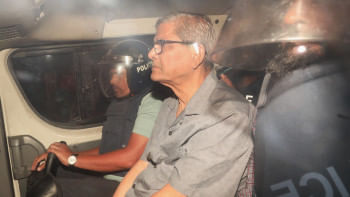
 For all latest news, follow The Daily Star's Google News channel.
For all latest news, follow The Daily Star's Google News channel. 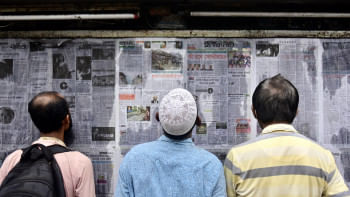
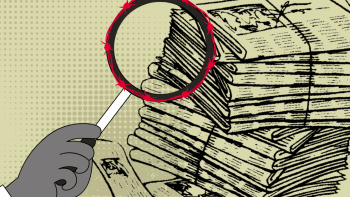


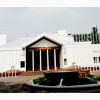
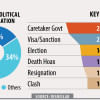



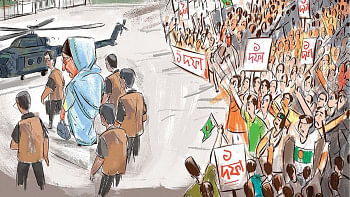
Comments